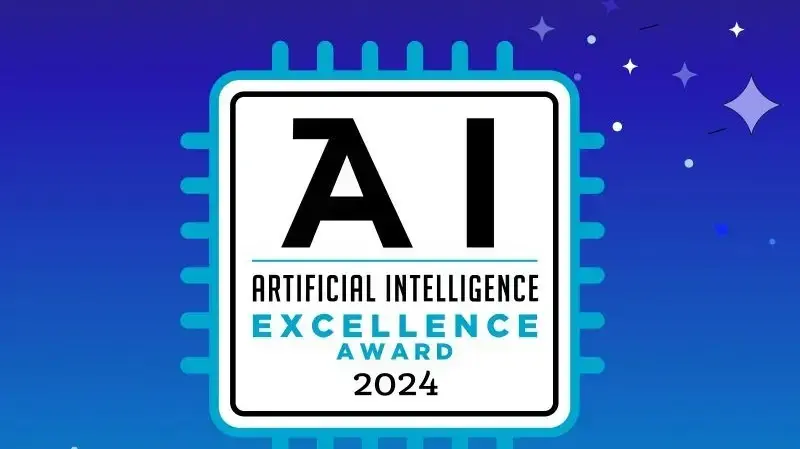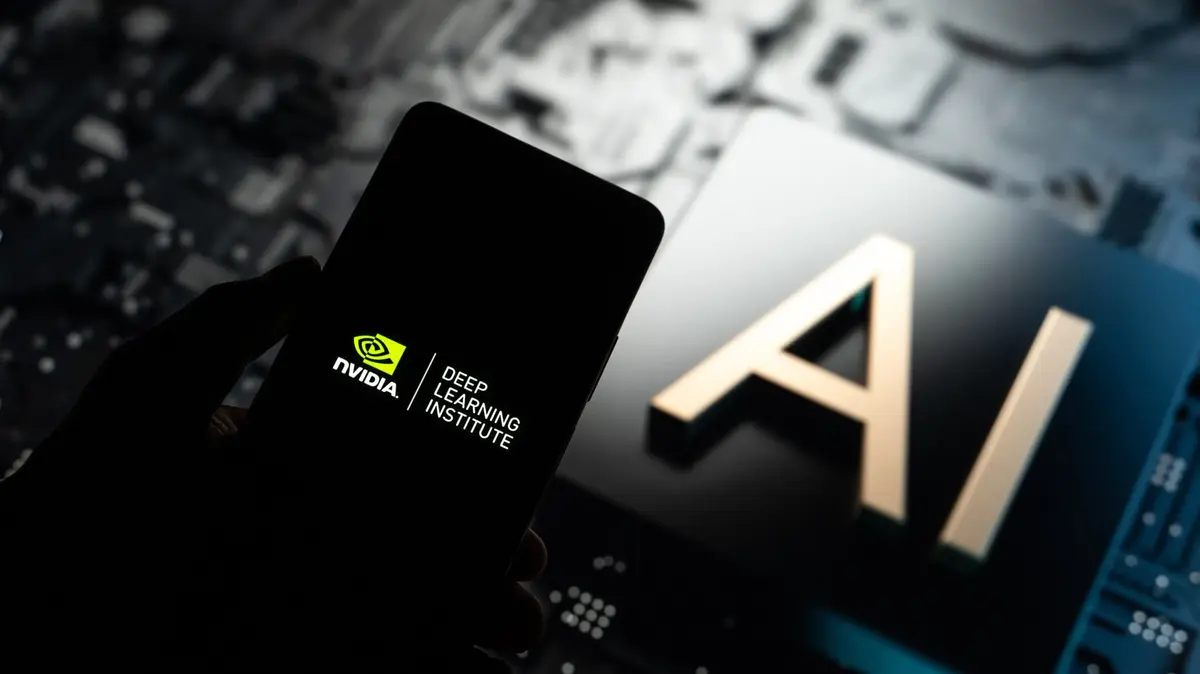The world's second-largest software company and the most prominent promoter of the use of artificial intelligence in recent months, Microsoft, began this week by announcing the opening of its AI tools to everyone after months of waiting lists, and along the way offered a significant upgrade of them. But what tools does it offer and what can be done with them?
Two services, lots of apps
Microsoft has two separate AI services: one designed for correspondence, answering questions and based on the advanced GPT-4 language model, and the other designed for image creation and based on Dall-E 2 – both, of course, from OpenAI, in which Microsoft has invested "many billions" of dollars over the past two years – though the companies do not reveal exactly how much.
Although both services are operated and offered by the same people, they are not related. The image creation service is available in two ways: a site called Bing Image Creator that is intended for the general public and creates individual images, and a Microsoft Designer site designed mainly for graphic artists that creates designs for presentations and sites – that is, those that combine real images and text in color frames. The chat service, on the other hand, is available in a variety of ways – within the Bing website in Microsoft's Edge browser for computers and smartphones, in the Bing app for smartphones, and even from Microsoft's keyboard for smartphones, SwiftKey.
At least give correct answers. Artificial intelligence chat, illustration, photo: Getty Images
Want answers? Give information!
Let's start with the chat service, which is seemingly available in almost every way imaginable. We wrote "allegedly" because Microsoft chose to exploit artificial intelligence for completely anticompetitive behavior, and so, even though the service is part of the company's search engine, which is available from any browser – only those who access it from its apps can access it. Those who use Chrome, Firefox or other browsers based on these two will have to switch to Microsoft's Edge browser first, or alternatively to Bing or Swiftky apps on their smartphone. While there are extensions for other desktop browsers that try to circumvent this limitation, they are not recommended for use.
In addition, the service does not work in private browsing mode, so users must allow Microsoft to store all their information to gain access to it.
A more understandable move is the limit on the length of calls: up to 5 queries per call that is not connected to a Microsoft account, while connecting to such an account extends the call to 20 queries. Of course, at any given moment you can start a new conversation and reset the limit – but those who want to ask follow-up questions about a certain topic will, of course, prefer the second option.
Questions and answers to other questions
Even if you've already given up your data to Microsoft, from our experiences with the service, it seems that the payoff is far from worth the sacrifice: while Bing's AI can now answer queries in all spoken languages, including Hebrew – its ability to understand questions in all languages is lacking – and this is a very delicate formulation.
When we asked her what time it was in California, we got a completely different answer every few seconds – sometimes she answered correctly, sometimes she gave an hour according to the wrong conversion rate (for example, 3 hours after Israel time instead of 10) and how many times she gave completely unrelated answers – for example, 10:41 when we asked the question at 17:58 pm according to our clock – that is, not only was the conversion rate incorrect, But the answer was not even an up-to-date time anywhere in the world at that moment.
One of Bing's advantages over direct use of OpenAI's own ChatGPT, apart from a more advanced algorithm, should be access to up-to-date information, unlike ChatGPT whose database ends in September 2021, which is not actually happening. The reason, apparently, is that Bing does not interpret the questions as questions, but rather "translates" them first into regular searches. When we asked "What time is it in California?", he ran a search on the words "current time in California" and extracted text from the results. In other words, the engine did not try to calculate the time itself based on time-conversion information in relation to our location, but searched its archive for sites with text containing the question words, and then presented the answer that was on those sites when Bing crawled them – no matter if it was the moment, an hour ago or a year ago.
A strange dream or a truth of artificial intelligence?
Another, even more astonishing example was when we asked Microsoft's AI questions designed to help make investment decisions. "Show me the changes in Bitcoin's price over the past 12 months," we requested, in Hebrew and English. In both cases, the answers presented were not related to the question in any way, but were based on a search for the words "Bitcoin price 12 months," and contained texts such as "Bitcoin's price has changed a lot in the past year, peaking in September 2021." Those who are good at calculations will notice that the only specific figure here is from a year and a half ago – well outside the requested range, simply because it is text that is repeated in many articles that contain information about changes in Bitcoin. Bing did not understand the question, but sought a common answer to a similar search. Even when we asked for an up-to-date rate – a very simple question – we got results that lasted three and four days.
When asked about Israel's most populous cities, Bing answered with a summary of an article from a competing website, which, besides not being up-to-date, Bing also took data from it that does not answer the specific question we asked – a list of 16 large cities that together constitute 44% of the country's population, instead of the numbers of residents in them as we expected.
We also tried to get help with shopping from Bing, and asked him to find us a laptop with a Ryzen 6000 series processor for less than NIS 5,000. The results proved once again that Bing doesn't understand the questions, but is simply looking for a similar text: the top two results were from a website with no prices at all, only specifications of models Dell imports to Israel; And the other two results sent us to the Ivory website looking for computers with Ryzen 5 5600 processors – a completely different model from the one we were looking for.
The only possible justification for using Microsoft's AI is that, unlike many competing services, Bing presents sources, so you can go into them and check whether the text he drafted according to them is correct or up-to-date. On the other hand, the same can be done in regular search – you don't need artificial intelligence for that.
The Strange World of Artificial Intelligence
Paint me a world without logic
And if Microsoft's textual AI works strangely, the one designed to create images is even worse.
First, it requires, in addition to using Microsoft's Edge browser, an account in the company's services. It gives each user 100 credits for "fast" image processing, and after utilizing them, you have to choose between settling for a slower pace or paying for additional credits.
To ensure that you don't misuse it (and don't want to use it at all), Microsoft has disproportionately limited the options: not only did the service block us from creating even caricatures (!) of famous people like Elon Musk or Benjamin Netanyahu, it was also unable to draw objects with fairly clear outlines: when we asked him to draw the Azrieli junction in Tel Aviv blocked by electric scooters, He failed to paint the very unique Azrieli Towers in the landscape, painting scooters instead of scooters in most of the attempts, most of which are connected to each other with foot surfaces only about 20 cm long. We tried an even more basic description – "pancakes with a Star of David engraving" – and got mostly pictures of pancakes with the Star of Solomon (the one with the five vertices).
Pancakes with Star of David (Shlomo) according to artificial intelligence
Conclusion – The game is not over, and it is doubtful whether it has even begun
All this teaches us that despite the huge buzz around artificial intelligence, its current situation is not only immature, but not even immature. This is an embryo that has not yet taken the form of a living being, with arms, legs and a head. Ostensibly, you can ask these engines questions and get answers - but their level of reliability is close to zero, and a regular search for the same things gives much clearer and more reliable answers.
Wrong? We'll fix it! If you find a mistake in the article, please share with us









